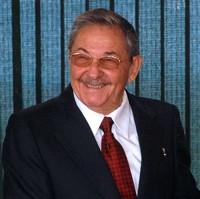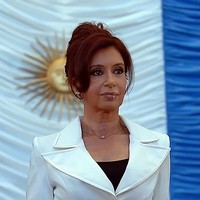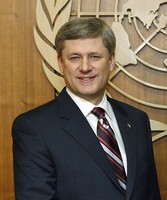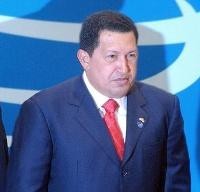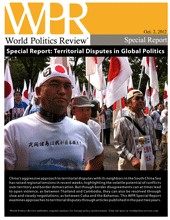
Critical assessments of Mexico’s oil industry in general and of its state-owned oil company, Pemex, in particular are commonplace, often with good reason: Both face many challenges in overcoming the historical legacies that have long undermined their performance. Nevertheless, when President Felipe Calderon’s term in office ends on Dec. 1, he will be leaving both in better shape than when his presidency began six years ago. True, there have been strategic misfires under his administration. Pemex’s opaque expenditure of almost $2 billion for an increased stake in Spanish oil company Repsol stands out, both for the lack of strategic oversight […]



